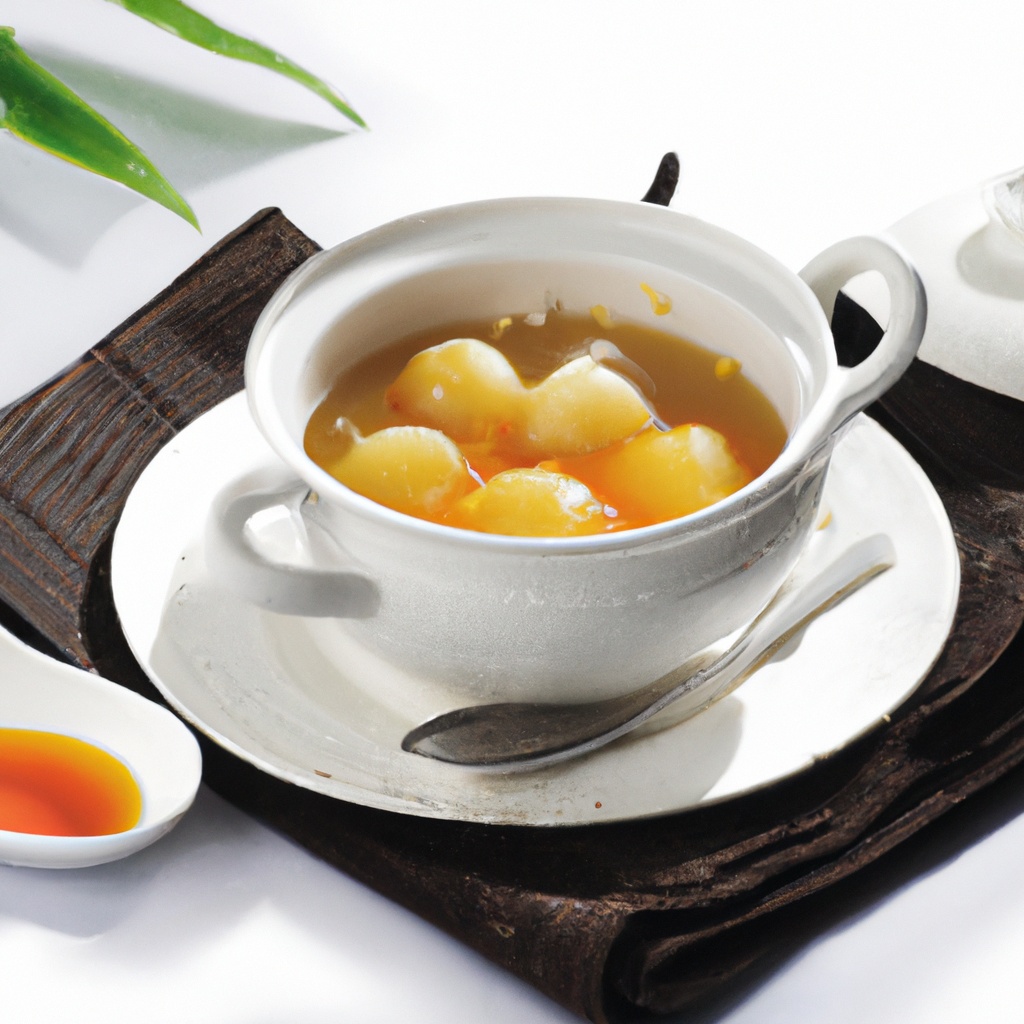PROS
Biji Salak is a traditional Southeast Asian dessert enjoyed by people of all ages.
It is gluten-free and vegan-friendly.
CONS
It is high in calories and sugar and should be enjoyed in moderation.
HEALTH & BENEFITS
Biji Salak is made with glutinous-rice flour, a type of rice that is sticky and high in fiber.
It is a good source of energy and helps regulate blood sugar levels due to its low glycemic index.
Coconut milk is rich in healthy fats and may improve heart health by reducing LDL or “bad” cholesterol and increasing HDL or “good” cholesterol.



/rating_off.png)
Leave a Reply